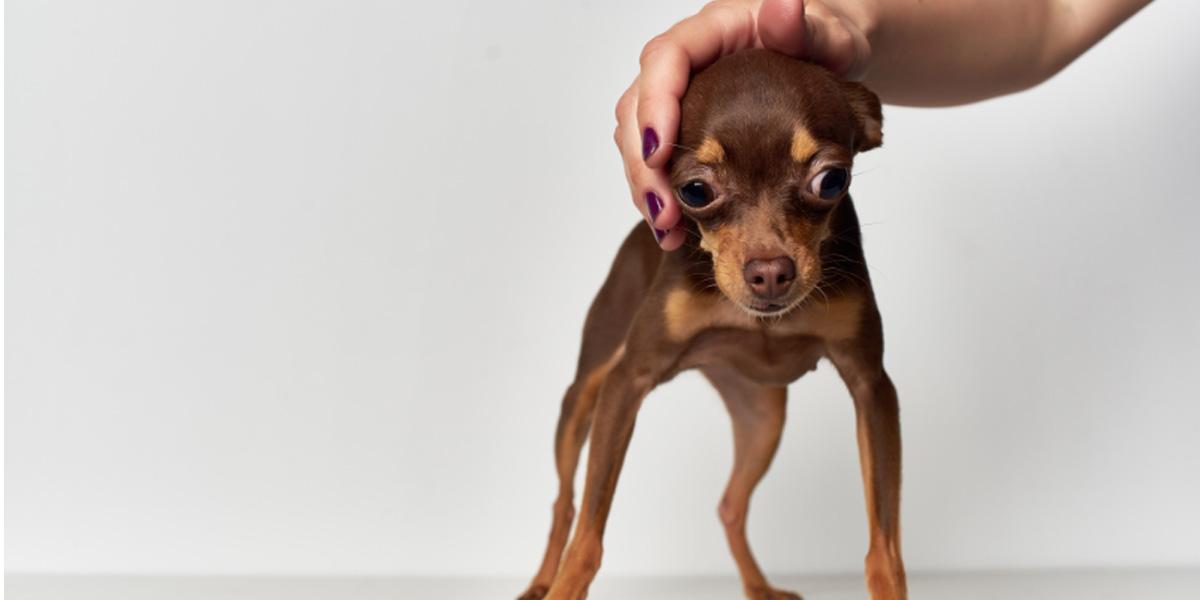
Does your dog have a case of the jitters? Chances are, they're trying to tell you something, whether they're in need of a sweater or they're feeling unwell. By observing concurrent symptoms, you might be able to figure out why your dog is shaking, and whether or not they might need to see a vet.
Is your dog shaking because they're cold?
Though this is the obvious explanation, you might not expect your dog to shiver when you're not cold.
Some dogs have more trouble than others when it comes to retaining body heat. This is especially true for breeds that tend to have low body fat, such as a Greyhound or Whippet, senior dogs, and small dogs. Small dogs have a higher proportion of surface area than larger dogs, so they lose body heat quickly, even when it's not cold out.
If your dog is frequently cold, and doesn't like to wear sweaters, a Heated Bolster Dog Bed can stop the shivers, even on the coldest winter nights.
Is your dog shaking with excitement?
Shaking can also be a sign of excitement, anticipation, or anxiety.
Most of the time, it's easy to tell why your dog is shaking with excitement or anxiety. They might see a squirrel outside, or maybe they're excited to see your spouse come home.
Sometimes, separation anxiety can cause shaking. Maybe your dog starts shaking when they realize you're going through your morning routine as you get ready to leave for work.
Dogs may also shake when they hear fireworks or thunder. They can even pick up on atmospheric changes and static charge buildup that occurs before you hear that first thunderclap.
Is your dog feeling nauseous?
Dogs sometimes shake when they feel sick to their stomach. Lip licking, salivating, refusing to eat, and gulping are other symptoms that indicate your dog might feel as though they want to throw up.
Nausea can be attributed from a simple case of indigestion if your dog eats a food that does not agree with them or if they have too many treats. Sometimes, though, dogs shake when they've ingested something highly toxic, like chocolate, antifreeze, xylitol, or rat poison. You may want to check your surroundings for signs that your dog has gotten into something harmful.
Does your dog have a neurological issue?
Shaking can sometimes be caused by a seizure, nerve damage, or some other neurological issue. If your dog has frequent shaking episodes, it can be helpful to record a video to show to your vet.
Generalized tremor syndrome (GTS) is a common condition that causes full-body tremors in dogs. It's more common in small, white dogs, which is why it's sometimes called White Shaker Syndrome, though it can occur in dogs of all sizes and breeds.
Distemper is a highly contagious, life-threatening virus that causes fever, nose and eye discharge, plus brain and spinal cord inflammation that leads to paralysis, head tilting, and muscle twitching. Puppies under four months of age who have not yet had their core vaccinations are at the most risk for contracting distemper.
Still not sure why your dog is shaking?
Shaking can be a general sign of pain or feeling unwell, so you should talk to your vet to rule out a serious health issue and to decide on an appropriate treatment plan.












































